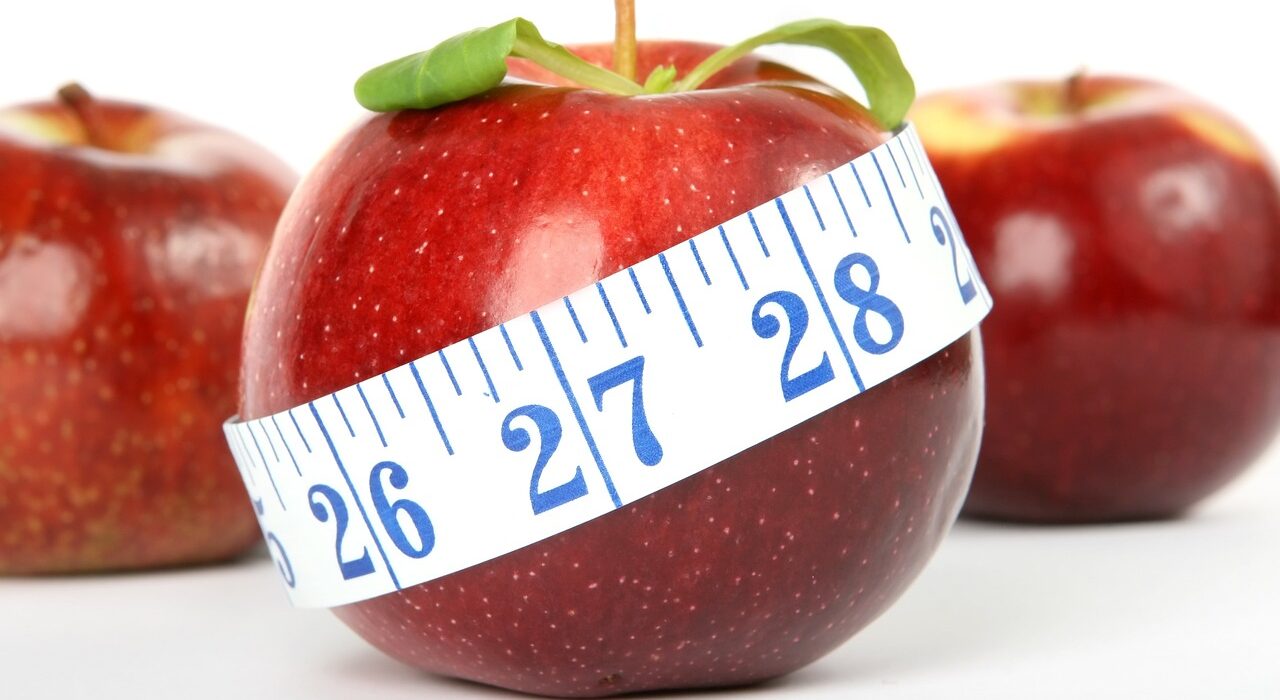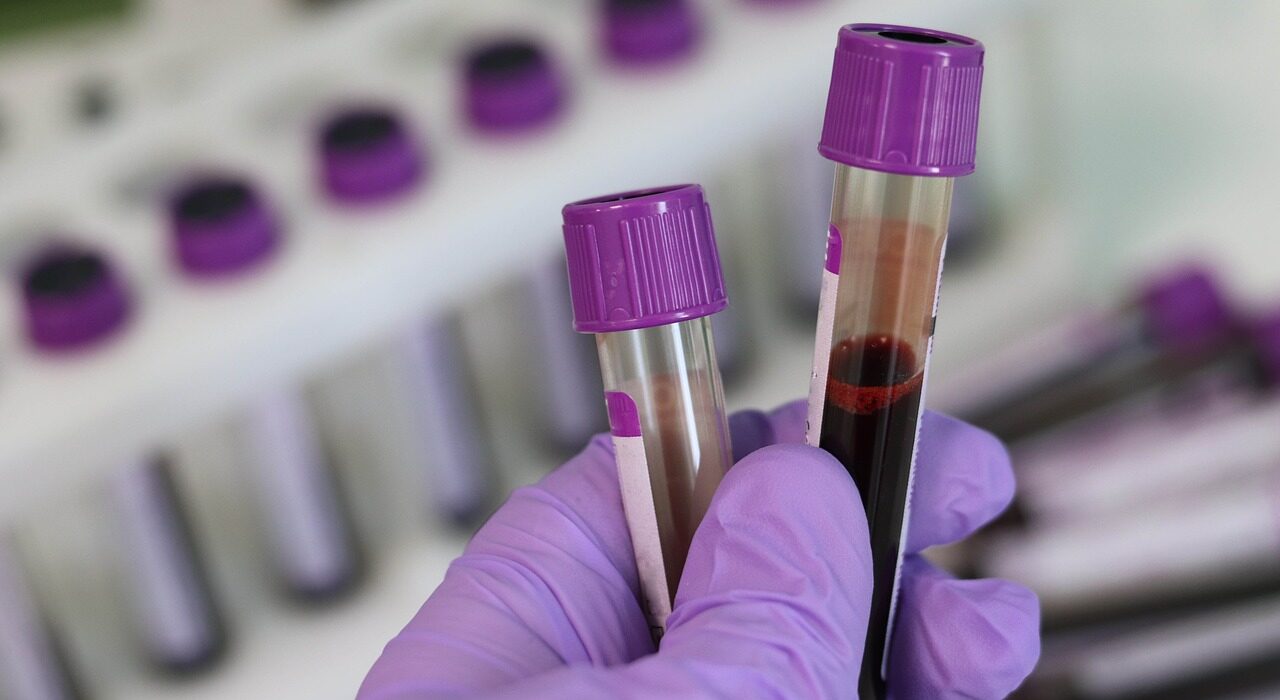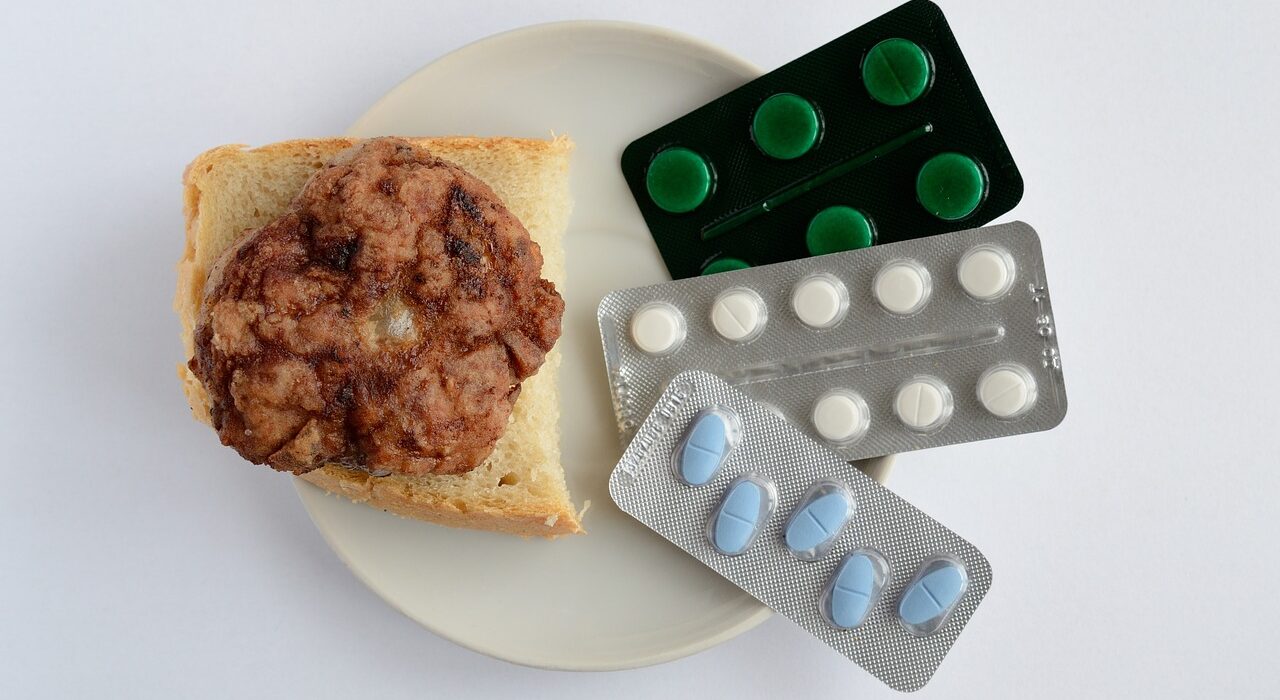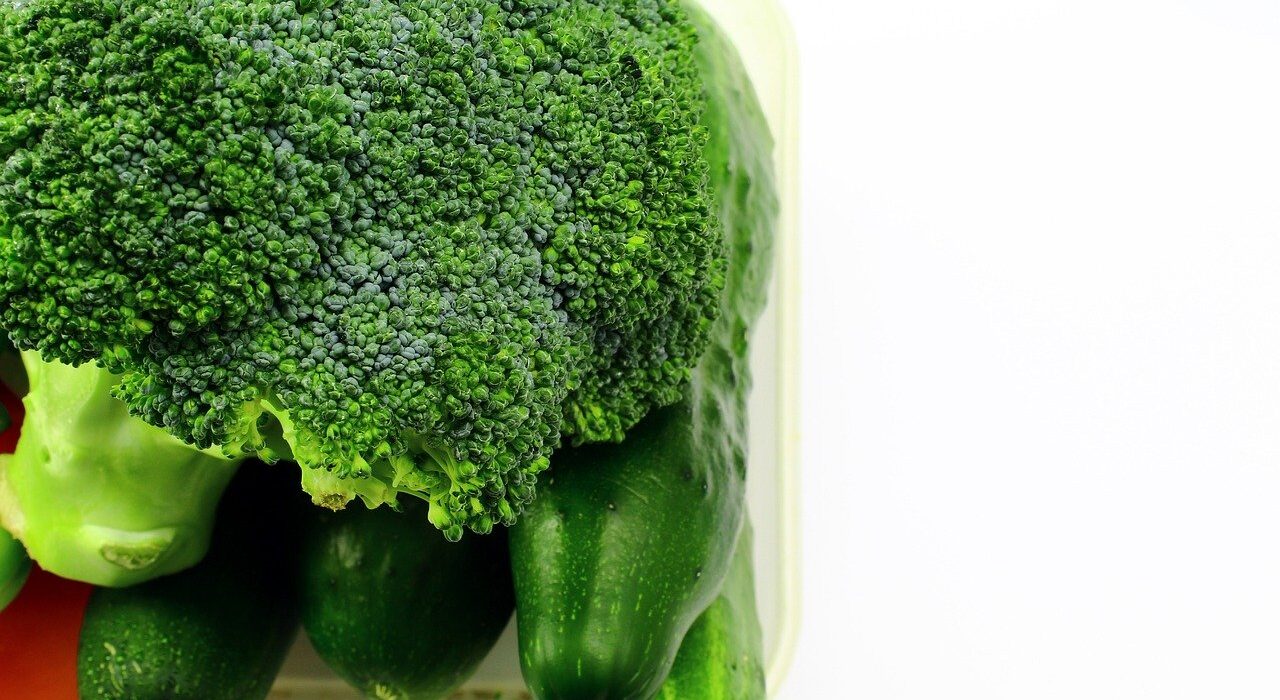Gastritis, causes, symptoms and treatment of gastritis
Gastritis is an inflammatory process in the mucous membrane of the inner walls of the stomach (the often encountered diagnosis "gastroduodenitis" means that the process has also spread to the sphincter-pylum and duodenum). For several reasons, gastritis with its characteristic symptoms, - not lethal, but significantly reducing quality of life, and not safe in prognostic terms, - is one of the most common diseases not only in gastroenterology, but also in general medical practice. According to modern data, the incidence rate exceeds 80% of the general population and reaches 90% in older age categories, and even these data - and...






